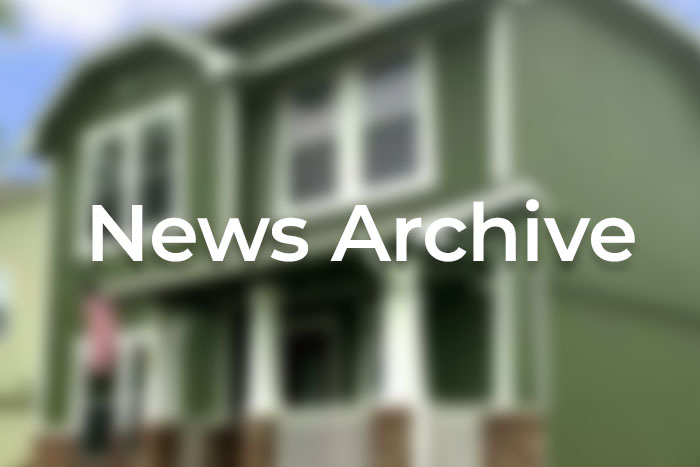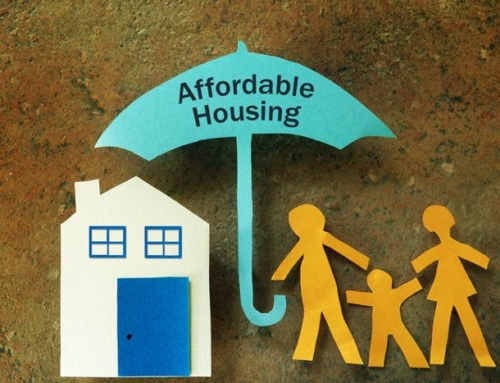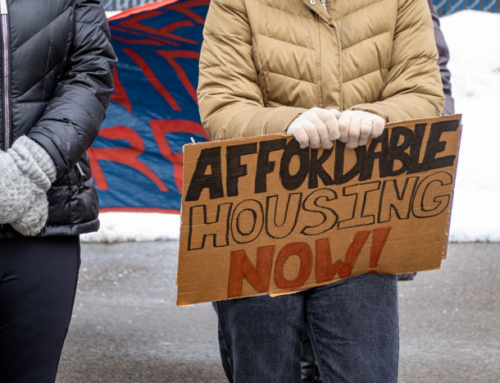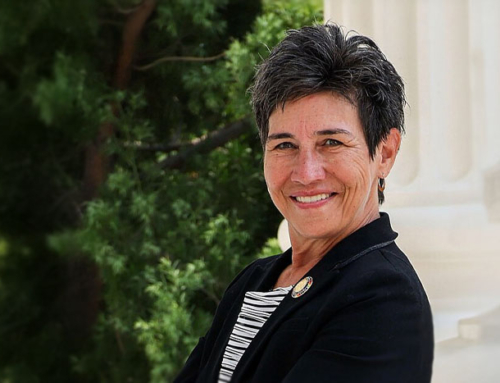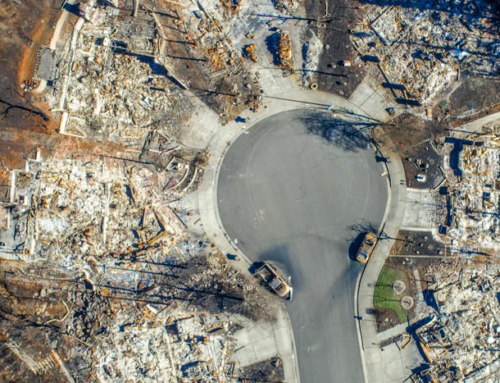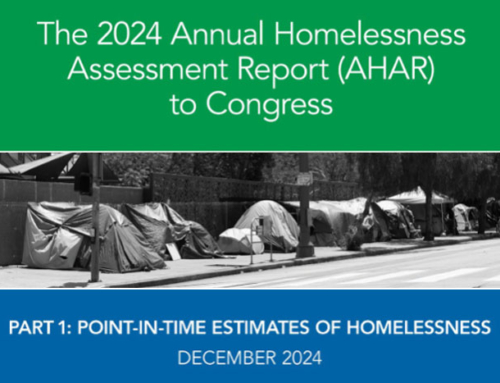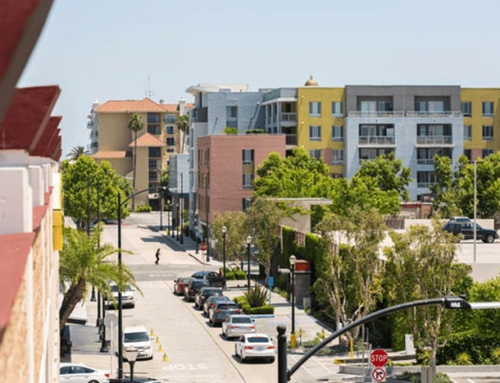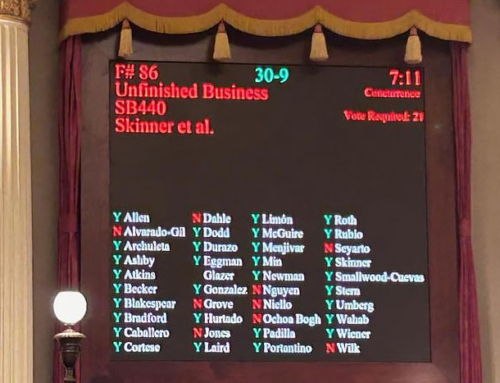Assembly Speaker Robert Rivas kicked off the 2025-26 California legislative session in January with a very public commitment to combat the state’s soaring cost of living. So far, this has manifested through members hosting hearings that examine issues ranging from housing affordability to the cost of groceries. Republicans have offered an “affordability legislative package”, while the Democrats have held hearings to address this issue, including the Assembly Select Committee on Permit Reform.
Hundreds of bills are still expected to be significantly amended in early April, including those that will incorporate several recommendations recently endorsed by the Final Report from the Assembly Select Committee on Permit Reform, led by Chair Asm. Buffy Wicks (D-Oakland). This “Fast Track Housing Package” contains 22 bipartisan bills that are promoted as part of the Legislature’s affordability efforts, given the significant costs that permitting delays have on development.
Two of the “Fast Track Housing Package” bills in particular, AB 609 (Wicks, D-Oakland) and SB 607 (Wiener, D-San Francisco), aim to close loopholes exploited by NIMBY cities and community organizations that delay housing infill development projects. AB 609 creates a new CEQA infill exemption in state law for infill housing projects. If passed, most urban housing projects, regardless of income level, would be exempt from CEQA. SB 607 would additionally exempt certain rezonings from CEQA if the project is consistent with the city’s approved housing element. These bills will continue to be heard by policy committees in April.
Committees have begun hearing bills. The new Chair of the Assembly Housing and Community Development Committee, Asm. Matt Haney (D-San Francisco) indicated that he will continue the legacy of leading the Assembly policy committee with a focus on making it “easier, faster, and less expensive to build the millions of units that they need to serve their constituents.” During the committee’s first hearing on March 12th, Chair Haney reiterated Assembly Speaker Rivas’ assessment that “affordable, decent housing is the civil rights struggle of our time.”
The first bill heard in Committee was AB 306 by Asm. Schultz (D-Burbank). AB 306 imposes a six-year moratorium on new updates to the state building code that would affect residential construction only, and it would temporarily prohibit local governments from making new modifications to those standards. Suspending the current round of building code updates would reduce one of the constraints that affect development timelines, helping developers and owners reconstruct communities more quickly in light of the recent Southern California fires. Asm. Haney reminded the committee that the existing housing crisis has been compounded by the displacement of tens of thousands of people from their homes due to the fires at the start of 2025, and thus, more must be done. Other members of the Committee made similar statements, illustrating a collective commitment to pass aggressive policies to accelerate housing production this year.
On March 18th, the new Senate Housing Committee Chair, Sen. Aisha Wahab (D-Fremont), presented her first bill, SB 262, which proposes a major shift in how the state has traditionally defined a “pro-housing designation” for cities. The existing fundamental framework of “pro-housing” rewards cities for adopting local policies that facilitate housing construction, including providing financial incentives, allowing by-right residential or mixed-use development, reducing permit processing times, creating objective development standards, reducing impact fees, preserving affordable units and facilitating the conversion of commercial properties into housing. SB 262 would add to this list a residential rent stabilization ordinance, otherwise known as rent control; a safe parking program; a safe camping program; and funding for legal services for eviction defense and eviction prevention.
The Chair’s proposal prompted opposition from four Democratic senators and one Republican: Sens. Arreguin (D-Berkeley), Grayson (D- Contra Costa), Cabaldon (D-West Sacramento), Cortese (D-San Jose), and Seyarto (R-Temecula). The five senators presented a set of concerns about the Chair’s approach to addressing the affordable housing crisis through strengthening protections for tenants and the unsheltered. Concerns were additionally raised that local governments could lose funding allocations for housing production in their own districts if the Chair’s proposal were adopted. Given such feedback and criticism, Chair Wahab agreed to adopt amendments that would make this a “placeholder bill” for now.
Article Contributor: Jacqueline Woo, Manager, CA Legislative Analysis
© LeSar Holdings/LeSar Development Consultants. All Rights Reserved. Please be advised that any republishing of copyrighted material provided by our organization, in whole or in part, requires prior written authorization. For permission, please reach out to [email protected]. We appreciate your understanding and compliance in upholding copyright laws.

